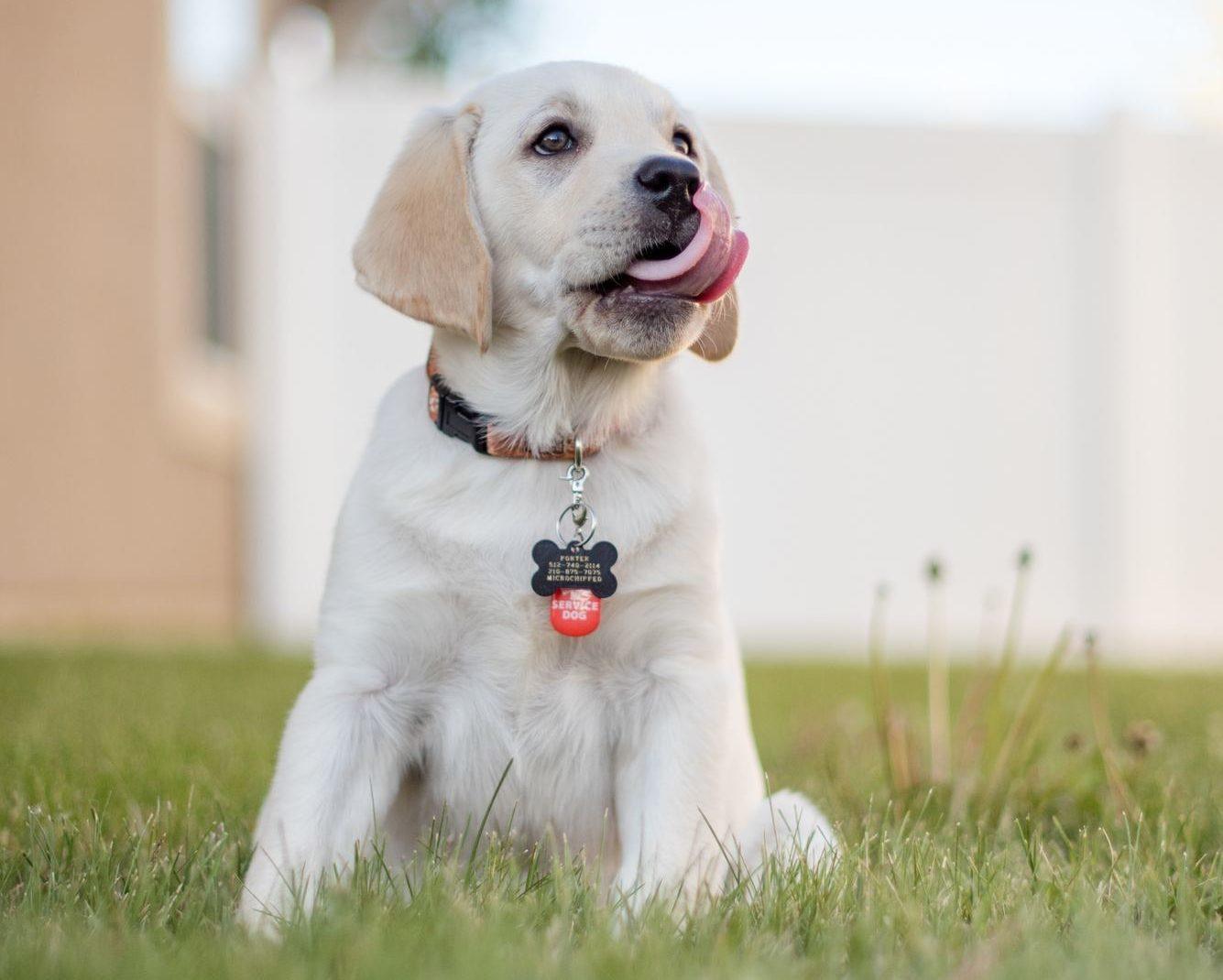It’s common to see a puppy and instantly decide you can’t live without one. We evolved to want to care for them! But it’s essential to fight the urge and consider rationally if you should get a dog. Remember: this is a commitment that could easily last 15 years or more. Every year lots of dogs are given as gifts, and once the responsibility of being a pet parent sets in many are given up for adoption. UK group Dogs Trust have reported that within a month of Christmas they receive over 4500 calls from people wanting to surrender their new pup.
Make sure you consider these points before deciding to add a pooch to your life.
A Few of the Many Benefits of Having a Dog
- Dogs are great company. They can help your mental health and reduce stress.
- They help you make connections and build community.
- Dogs can inspire you to get fit and develop a routine.
- They help kids learn about responsibility.
- They’re cute, cuddly, and just the best!
Consider the Costs of Getting a Dog
We’re not just talking about money: pets also take a lot of time and energy. Here are some factors to think about before adding a dog to your family.
Financial
The adoption fee for a rescue is usually around $300, but designer or pure breed puppies can cost thousands. Remember, that’s just the purchase price. It’s not including collars, leads, beds, toys, treats, food, training , or anything else you will want to spoil your pup. Ongoing costs will vary a lot based on the breed but remember the food, treats, toys, vet checkups, vaccinations, grooming, walkers, and doggy daycare will add up fast.
That can all skyrocket if your dog has any serious health problems, accidents, or emergencies. Many people are now choosing to get pet insurance to reduce this impact.
Time
Getting a new dog—whether a puppy or adult—requires a substantial time commitment. You should consider taking a week off work to help your dog settle into their new home. For a puppy, also expect your sleep to be disrupted for a couple of months.
Then there are the walk times with poop-scooping, training, and grooming thrown in. We’ve bred dogs to love spending time with us. Think about how long you’re away from home each day, how often you have to travel, and if your workplace could be dog-friendly. Remember: this is a long-term commitment.
Knowledge & Support
It’s vital that you make sure you learn a lot about caring for a dog before you get one. It’s much easier to train a dog from the start than to inadvertently teach the wrong behaviour and then have to correct it. If you haven’t been the primary adult carer for a pup before you should get reading. Make sure your entire family is on board with the decision to get a dog. It will also help if you have family or friends that can help you care for your pup if you are busy, away, or sick.
Home & Health
Make sure your home is suitable for a dog and remember that different breeds will have different needs. Consider the size, type of property, security of outside areas, and the safety of inside areas. If you want a pristine home, probably get a goldfish instead! Check that all family members don’t have allergies to dogs as well.
Final Advice
There are so many benefits to adding a dog to your life. But being a responsible pet parent takes time, money and lifestyle changes. But if you can manage that, trust us, it will be one of the most rewarding things you ever do.
Have more questions about pet adoption? Check out, Should You Get a Rescue Dog?
Or, take the Are You Ready For a Dog quiz!







